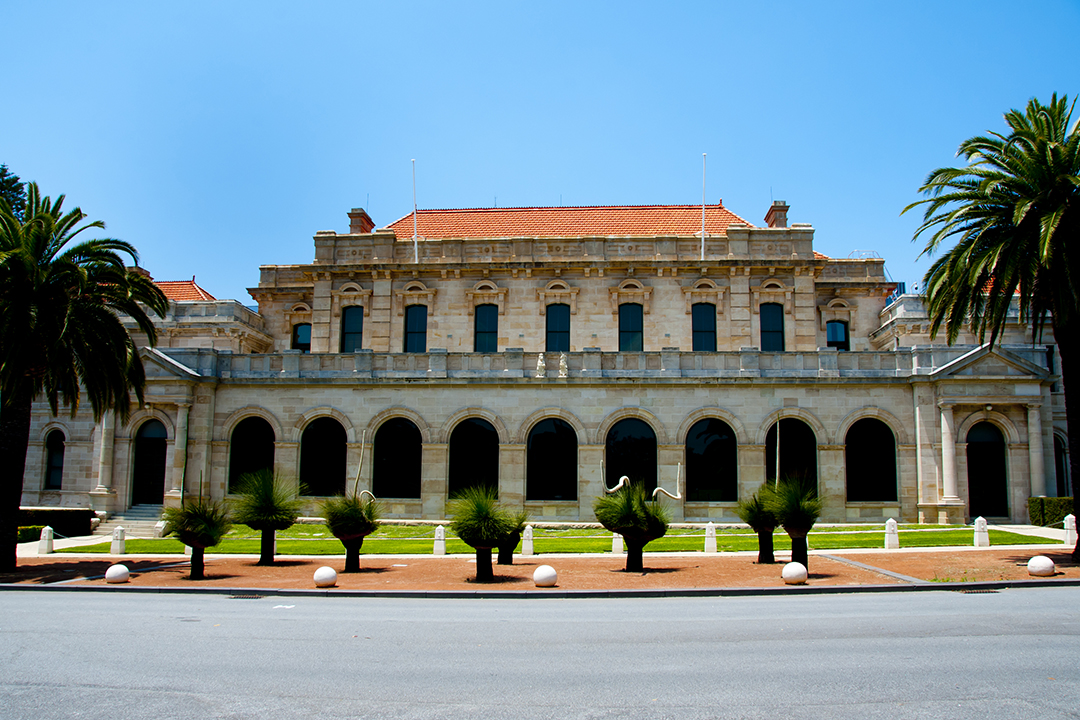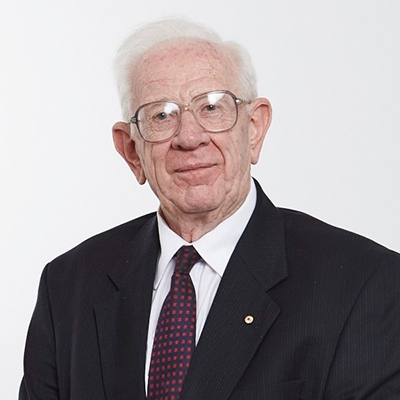

That I disapprove of certain forms of proportional representation operating in Australasia has been recorded several times in my Switzer articles. The main object of my scorn has been the Australian Senate voting system. However, I have also recorded my disapproval of New Zealand’s Mixed Member Proportional system used to choose members of that country’s House of Representatives. Furthermore, I give a FAIL mark to the system operating for the Legislative Council of Western Australia. For that reason, I recorded my recent trip to Perth in the article “Travelling West” published in Switzer Daily on 31 January. Readers may be interested in a brief report following that trip.
The first thing I noticed was that almost everyone expected the McGowan Labor government would win a second term at the next election, fixed for Saturday 13 March 2021. Observers thought Labor would lose a handful of seats in the Legislative Assembly and be in an even worse position in the Legislative Council, but few expected Labor to lose government. In the two months since my trip, nothing has happened to lessen the popularity of Premier Mark McGowan and his party.
Since I live in Eastern Australia, I cannot pretend to care very much about who governs Western Australia. Why, therefore, did I make the trip? Essentially its purpose was to sell my proposal to reform the Legislative Council voting system. In that sense I failed. Political reality being what it is, no one gave me any chance to implement a system handed down from my high moral ground. I decided, therefore, to move to plan B. My Plan A was one to which I gave myself a distinction mark of 75%. My Plan B is one to which I give a pass mark of 55%.
The essential difference is that Plan A would remove above-the-line voting and create a system that is genuinely candidate-based, as required by the Constitution of Western Australia. Plan B keeps above-the-line voting so, therefore, is party-based. The voter in such a system is invited to believe that the purpose of his/her vote is to help distribute numbers of party machine appointments between parties on a formula of proportional representation between parties. To me, above-the-line voting is patently unconstitutional but, unfortunately, the High Court has decided it is okay.
As I pointed out in my article “Travelling West”, the main interest in Perth lies in the malapportionment. Three-quarters of the WA population lives in Perth and only one quarter outside. However, at present, the two parts of the state have 18 members each in the Legislative Council. This affects the party balance in that the right benefits at the expense of the left. Both my Plan A and my Plan B would fix that. The difference is that Plan B has a serious chance of success. It would be supported by Labor and the Greens and, following the Saturday 13 March 2021 elections, could be implemented by the defection of dissident metropolitan Liberals. The reason is that members of the Legislative Council have terms expiring on 21 May. The consequence is that a “window of opportunity” for Labor exists in the autumn next year – following the upcoming election but in place for the March 2025 election.
At present each region has six members. Since the malapportionment favours the country so heavily, the Nationals always get a much higher share of seats than of votes. Take the statistics of the three most recent elections when there have been 36 members of the Legislative Council elected each time. Note that the WA Legislative Council is unlike the Senate and Legislative Council of New South Wales, South Australia and Tasmania. Those four bodies have rotation of members (sometimes called “staggered terms”) whereas in Victoria and WA each election is a general election for both houses.
These are the statistics for the WA Nationals. They won four or five of the 36 seats at all three most recent elections, those held on 6 September 2008, 9 March 2013 and 11 March 2017. In 2008 they won 13.9 per cent of seats for 5.3 per cent of votes, in 2013 13.9 per cent of seats for 4.9 per cent of votes and in 2017 they won 11.1 per cent of seats for 4.4 per cent of votes. So, the “over-representation” of the Nationals has been 8.6 per cent in 2008, an even nine per cent in 2013 and 6.7 per cent in 2017.
According to the November 2019 redistribution of seats, the East Metropolitan Region has 399,462 electors, North Metropolitan Region 405,349 and South Metropolitan Region 421,949. My reform proposal would increase the number of members elected for each metropolitan region from six to nine. So, the total metropolitan numbers would increase from 18 to 27.
The extent of the malapportionment is illustrated by the equivalent numbers for the country regions. They are 101,174 for the Agricultural Region, 67,686 for the Mining and Pastoral Region and 231,173 for the South West Region. That adds up to 400,033. My reform would amalgamate those into one region for which my suggested name is “Agricultural, Mining, Pastoral and Tourism Region”. Whereas each now elects six members (for a total of 18) my amalgamated region would elect nine.
Were my proposals to be adopted, the overall result would be highly proportional between parties and, obviously, the Nationals would be the biggest loser. Under the present scheme they always win one or two from each country region, giving them a total of four or five members out of 36. Under my proposals they would probably win two or three of the nine elected from the Agricultural, Mining, Pastoral and Tourism Region.
I came back to Canberra on Friday 14 February having met in Perth all the players of significance in this field. I was disappointed that my Plan A received so little support. On the other hand, I do give my Plan B a pass mark of 55%, so it is clearly better than the current system. I am one of those people determined never to be accused of allowing the perfect to be the enemy of the good. For that reason, I commend my Plan B and hope it will pass through both houses of the WA parliament early in May next year.
(Malcolm Mackerras is Honorary Fellow of Australian Catholic University. malcolm.mackerras@acu.edu.au)